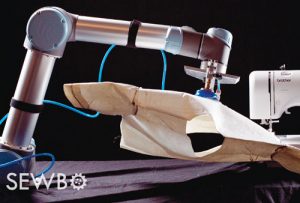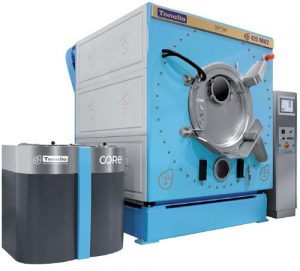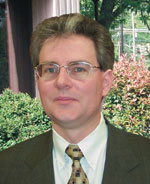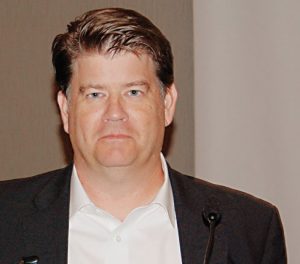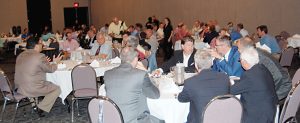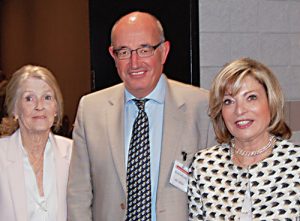MIGDAL HAEMEK, Israel — November 22, 2016 —Revitalizing NILIT® Innergy Sport and the new NILIT ATS nylon 6.6 yarns will be the main attractions at the NILIT Fibers booth B1 at the upcoming SportsGear Sourcing Days. The show runs from December 6-7 at the Espace Rencontre in Annecy-le-Vieux, France.
NILIT Innergy Sport nylon 6.6 yarn captures body heat and reflects it back to the body as FIR (Far Infrared Rays) to gently and deeply warm and invigorate muscles. A naturally occurring mineral incorporated into the fibers converts the thermal energy and generates the FIR emissions. Independent laboratory testing confirms that NILIT Innergy Sport increases oxygen levels in the blood, reduces lactic acid build up in muscles, and relieves muscle fatigue, discomfort, and tension. All these actions lead to greater user comfort and better athletic performance, not to mention reduction in the appearance of cellulite. In addition, NILIT® Innergy Sport nylon yarn is durable, stays fresh, and protects from UV radiation making it the perfect choice for both outdoor and indoor athleticwear.
“NILIT Innergy Sport is a very special performance yarn that has been proven to help active people feel better and look better,” said Pierluigi Berardi, NILIT’s global marketing director. “Designers can use this exciting yarn to create activewear that provides unique benefits for athletes at all levels.”
Another innovation from NILIT is the new ATS (which stands for Air Textured Soft) special air jet texturing technology. NILIT’s ATS technology makes NILIT performance nylon yarns light, airy, and soft. In fact, NILIT ATS yarns are softer than cotton. They also dry faster and are more durable with longer-lasting suppleness.
NILIT’s ATS technology has instilled extra softness and strength into many of NILIT’s well-known performance yarns. NILIT Heat with natural thermal insulation, NILIT Breeze with cooling plus UV protection, NILIT Aquarius with moisture management, and NILIT Bodyfresh with antimicrobial protection are all softer and stronger than ever before.
Posted November 22, 2016
Source: NILIT®

